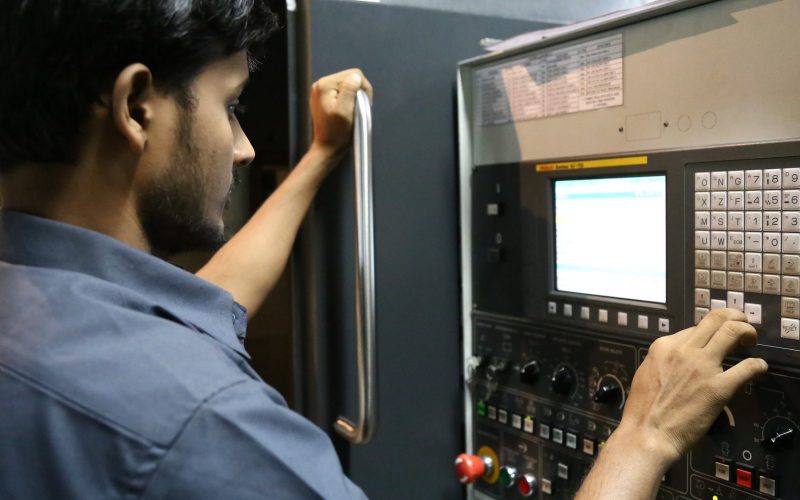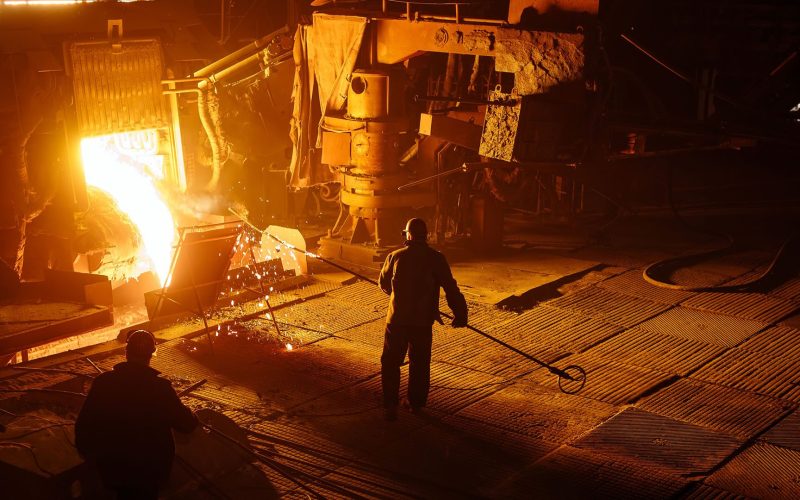THE VOICE FOR THE ENERGY CONSUMER

Andrew Browning, CEA’s Executive Vice President, was quoted on the recent release of CEA’s “The Importance of Affordable and Abundant Oil and Natural Gas for Colorado” report. “Colorado has fast.

The energy sector will play a crucial role in the future of Ohio’s economic development, industry leaders and politicians agree, especially as petrochemical and gas-powered energy plants come online in.

While at Shale Insight, CEA’s Mike Butler had the opportunity to discuss one of CEA’s most recent reports, “Powering West Virginia,” with The Dominion Post. Shale gas talk usually focuses.

Speakers at CEA’s 2018 Ohio Energy and Manufacturing Forum focused on the need for embracing an energy dialogue that allows for a diverse mix of energy resources to make the.

Consumer Energy Alliance recently joined the New Mexicans for Energy Prosperity to highlight the importance of energy development to New Mexico’s economy and how we can continue to prosper from.

CEA President David Holt was quoted discussing the latest CEA report, “Oil and Natural Gas Light the Way for Texans,” which looked at the savings Texas energy consumers witnessed as.
CEA’s Emily Haggstrom looks at the benefits increased energy production in New Mexico has yielded to communities across the state. Record output and energy infrastructure investment allowed lawmakers and Gov..

Many have taken notice of the publication of CEA’s “Everyday Energy for Pennsylvania,” report which examines the consumer savings caused by the increased production of natural gas. This winter, fortunately,.

Midwest Executive Director, Chris Ventura, sat down with the Intelligencer to discuss CEA’s latest report, Powering West Virginia, and how regulatory certainty and sound environmental regulations have allowed for a.

With Floridians spending an average of $2,500 annually on energy costs, CEA’s Kevin Doyle looks at how anti-development groups come to the table with no solutions to help lower energy.